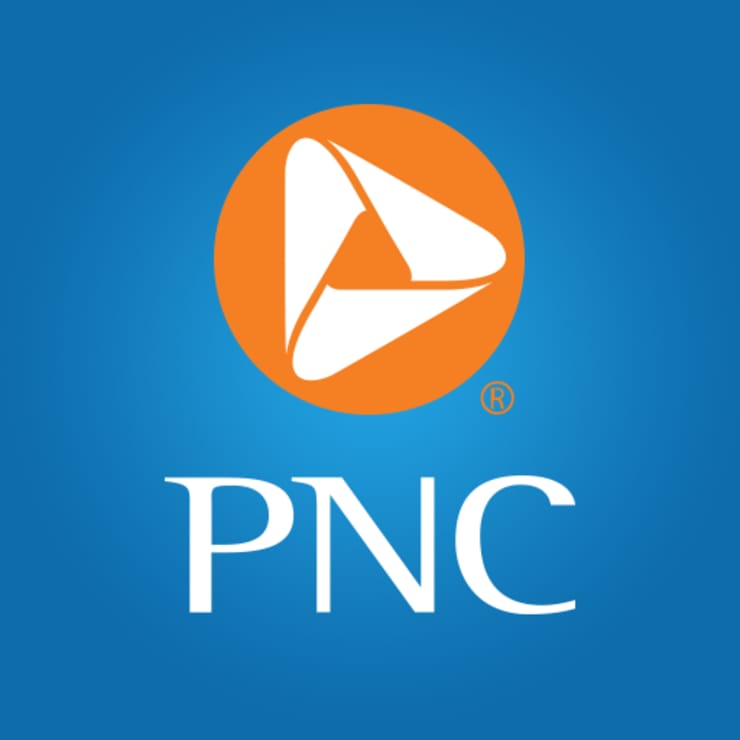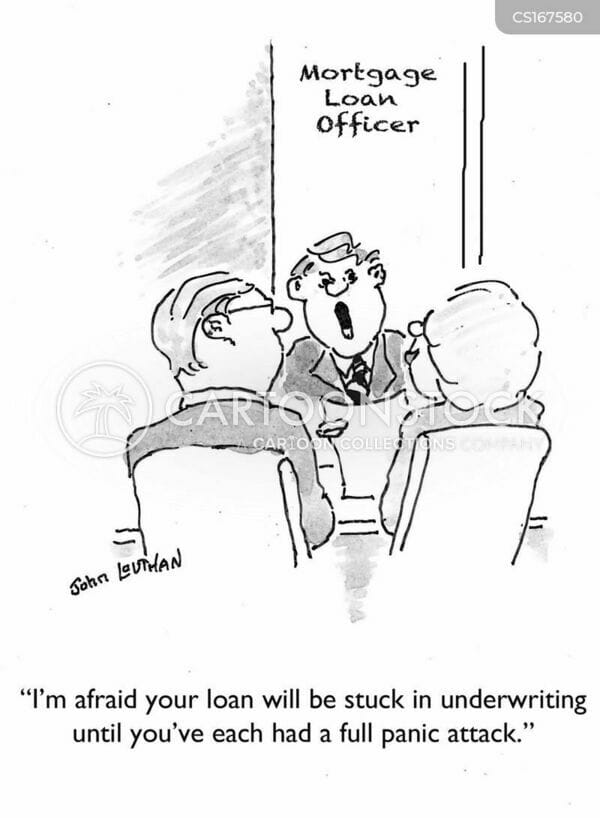August 21st was celebrated as World Entrepreneurs’ Day. Of course, I didn’t go out of my way to celebrate that, but it got me thinking that the past, present, and future were/are built by these thinking, innovative minds that have led to this ‘modern’ existence of ours and a day to celebrate these entrepreneurs makes me proud to be a part of this clan.
Last week I got an opportunity to talk about the future of automation and Vaultedge in the Mortgage Professional America magazine. We spoke about the changes that are on the horizon for the industry with regard to automation and how Vaultedge is preparing itself to embark on that journey.
______________________________________________
The lending industry is facing a downward spiral after a sudden spike in lending rates, and the wave of failures that are coming could be the worst since the housing bubble burst about 15 years ago. Experts say that there’s no systemic meltdown coming this time around, because there hasn’t been the same level of lending surpluses and because many of the biggest banks pulled back from mortgages after the fiscal crisis. But market watchers nonetheless expect a line of bankruptcies broad enough to trigger a spike in layoffs in an industry that employs hundreds of thousands of workers, and potentially an increase in some lending rates.
______________________________________________
With the rate lock activity down straight months and declines across all loan purpose types, according to the latest Originations Market Monitor prepared by Black Knight Inc, Mortgage originators witness strong headwinds. According to the report, the average homeowner credit score on cash-out refi edged lower to 692. The originations market continues to react to previous increases and continuing affordability challenges, the report found, even while 30-year interest rates pulled back slightly in July.
______________________________________________
Freddie Mac reported on Thursday that the mortgage rates came back down as a possible sign that inflation might have peaked. According to the report, the average 30-year fixed-rate mortgage (FRM) fell back from 5.22% last week to 5.13% in the week ending August 18. The market continues to react to the impact of the increased rates earlier this year. As a result of which purchase demand will continue to drop, supply will increase slowly, and home price growth will decrease.
______________________________________________
A complete of 9 title insurance coverage and settlement companies' suppliers had been named to the Inc. 5000 list of America’s fastest escalating non-public firms for 2022. The self-noted checklist is composed of the 5,000 speediest expanding personal businesses in the U.S. based mostly on proportion revenue growth from 2018 to 2021. They need to be U.S.-centered, privately held, for-gain, and independent–not subsidiaries or divisions of other companies–as of December 31, 2021. The least revenues needed are $100,000 for 2018 and $2 million for 2021.
______________________________________________
UWM, the leading wholesale and purchase lender in the U.S., today announced the launch of temporary rate buydowns. The Pontiac, Mich.-based company said in a news release, that the new offering will allow independent mortgage brokers to give their clients extra flexibility with a lower interest rate and monthly payment at the start of their loan. Specifically, temporary rate buydowns will lower borrowers’ interest rates by up to 2% for the first two years of a mortgage, UWM mentioned in the press release.
______________________________________________
Hope your week was as exciting as mine.
Happy reading!

Vaultedge assesses growth plans in uncertain investor climate | Mortgage Professional — www.mpamag.com
“We are trying to figure it out,” Vaultedge CEO and co-founder Murali Tirupati (pictured) told Mortgage Professional America. “From a timing perspective and from our operational metrics, we are ready to raise our Series A."

The US mortgage industry is seeing its first lenders go out of business after a sudden spike in lending rates, and the wave of failures that’s coming could be the worst since the housing bubble burst about 15 years ago.

Freddie Mac releases the latest data. “Inflation appears to be beyond its peak, which has stopped the rapid increase in mortgage rates that the housing market was experiencing earlier this year,” said Sam Khater, Freddie Mac’s chief economist.

The report shows four straight months of lowered rate-lock activity and, loan declines. The originations market continues to react to previous increases and continuing affordability challenges, the report found, even while 30-year interest rates pulled back slightly in July.

The housing-market slowdown is starting to slow down, according to a new report from Redfin. The technology-powered real estate brokerage said fewer homeowners are listing their homes due to ebbing homebuyer demand, and that’s hampering the recent growth in housing supply that has been forcing sellers to slash their prices.

Fitch Ratings has upgraded the U.S. residential mortgage servicer ratings for PNC Mortgage, a division of PNC Bank National Association (PNC). Fitch Ratings has upgraded the U.S. residential mortgage servicer ratings for PNC Mortgage, a division of PNC Bank National Association (PNC)

United Wholesale Mortgage (UWM), the leading wholesale and purchase lender in the U.S., today announced the launch of temporary rate buydowns. Effective today, the Pontiac, Mich.-based company said in a news release, “the new offering will allow independent mortgage brokers to give their clients extra flexibility with a lower interest rate and monthly payment at the beginning of their loan.”

A complete of 9 title insurance coverage and settlement companies' suppliers had been named to the Inc. 5000 list of America’s speediest escalating non-public firms for 2022. In 2021, 12 firms designed the listing.

Jon Gloeckner, principal accounting officer of Impac, said the Q2 financial results “reflect significant market pressure, which began in the fourth quarter of 2021 and accelerated into the second quarter because of increasing interest rates, inflation, credit and liquidity risk.

A non-resident can buy a home in the U.S. and can even finance it, though they often need a special type of mortgage.
